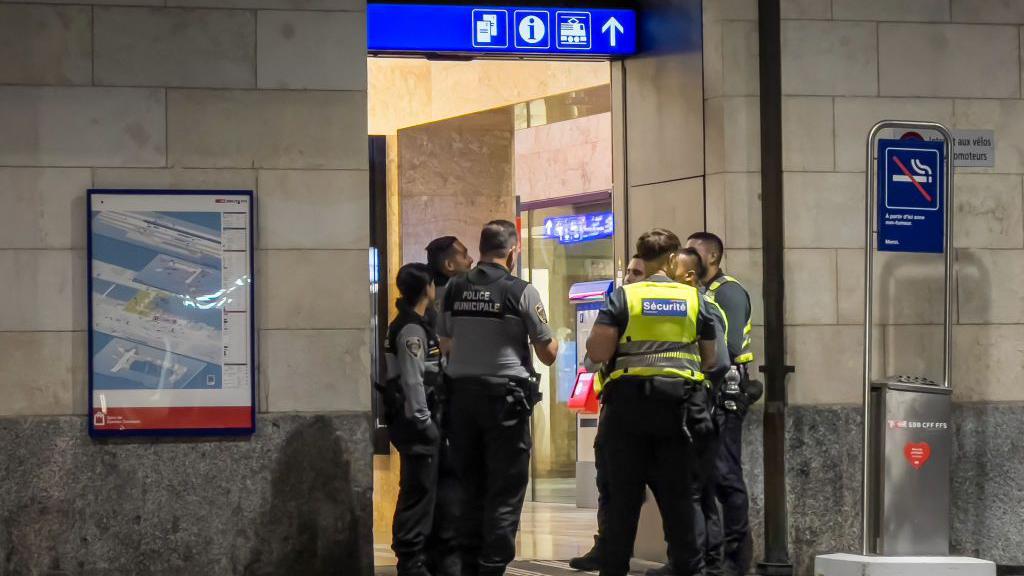Outrage Erupts After Paris Student’s Murder Sparks Immigration Debate
3 min read

The tragic murder of a 19-year-old student in a prestigious Paris neighborhood has ignited renewed calls from the French right for stricter immigration policies. The victim, identified only as Philippine, was found deceased on Saturday, partially buried in Bois de Boulogne park, situated on the western outskirts of the city.
Philippine was last seen leaving the Paris-Dauphine University campus, where she was studying economics, just a few hundred meters from the park. Her disappearance prompted widespread concern and an urgent search effort.
Authorities quickly identified the prime suspect, a 22-year-old Moroccan man named Taha O, who was arrested in Geneva on Tuesday. He had recently been released from a five-year prison sentence for raping a student in 2019. Despite an existing expulsion order against him, the deportation had not been executed prior to the murder.
Bruno Retailleau, France’s new interior minister, is facing significant pressure in the wake of this incident. Having taken office just last week, Retailleau’s stated priorities focus on law and order. On social media, he declared, “It is up to us as public officials to change our legal arsenal in order to protect the French.”
The far-right National Rally (RN) has leveraged this tragedy to underscore what they view as the failures of the French judicial system. RN President Jordan Bardella emphasized, “This migrant had no right to be here, but he was able to offend again in total impunity. Our justice is too lenient; our state is dysfunctional. It is time for the government to act.”
With over 120 members in parliament, the RN holds considerable influence over Prime Minister Michel Barnier’s minority government, potentially able to trigger a vote of no confidence.
Some left-leaning politicians have joined in calling for more effective enforcement of expulsion orders. Olivier Faure, leader of the Socialist Party, stated that the suspect “should have gone straight from prison to plane.” Government data indicates that fewer than 10% of expulsion orders issued in France are actually enforced.
Sandrine Rousseau from the Ecologists pointed out that Philippine’s murder should be classified as a “femicide,” deserving of severe punishment. However, she also cautioned that the far-right might exploit the situation to promote racist and xenophobic sentiments.
Philippine’s disappearance sparked an alert via a mobile app called The Sorority, designed to support women in distress. Although Philippine did not have the app, The Sorority issued a “missing persons notice” on Saturday to mobilize members in the search for her.
At the time of her disappearance, Philippine was on her way home to her family’s residence west of Paris. Described as a diligent and quiet student, she was also active in the scouting movement, which further endeared her to her peers.
Her tragic death has heightened concerns about safety in Bois de Boulogne, an area adjacent to the affluent 16th arrondissement of Paris. Historically a hub for prostitution, local residents have reported that certain sections of the park have become increasingly unsafe in recent years, citing the presence of drug addicts and other potentially dangerous individuals.
The outcry following Philippine’s murder reflects broader societal tensions regarding immigration and public safety. Many citizens are expressing frustration over what they perceive as failures in the system that allowed the suspect to remain in France despite his criminal record. Calls for reform are resonating strongly, particularly among right-wing factions, who argue that leniency in the justice system has serious consequences.
As the investigation into Philippine’s murder continues and authorities work to navigate the complexities of immigration policy, the incident has sparked a national conversation about safety, justice, and the responsibilities of the state.
In the wake of this tragedy, many are hoping for not just justice for Philippine, but also a reevaluation of policies to ensure that such incidents do not happen again. The interplay between crime, immigration, and public safety is likely to remain a contentious issue in the political landscape of France in the coming months.